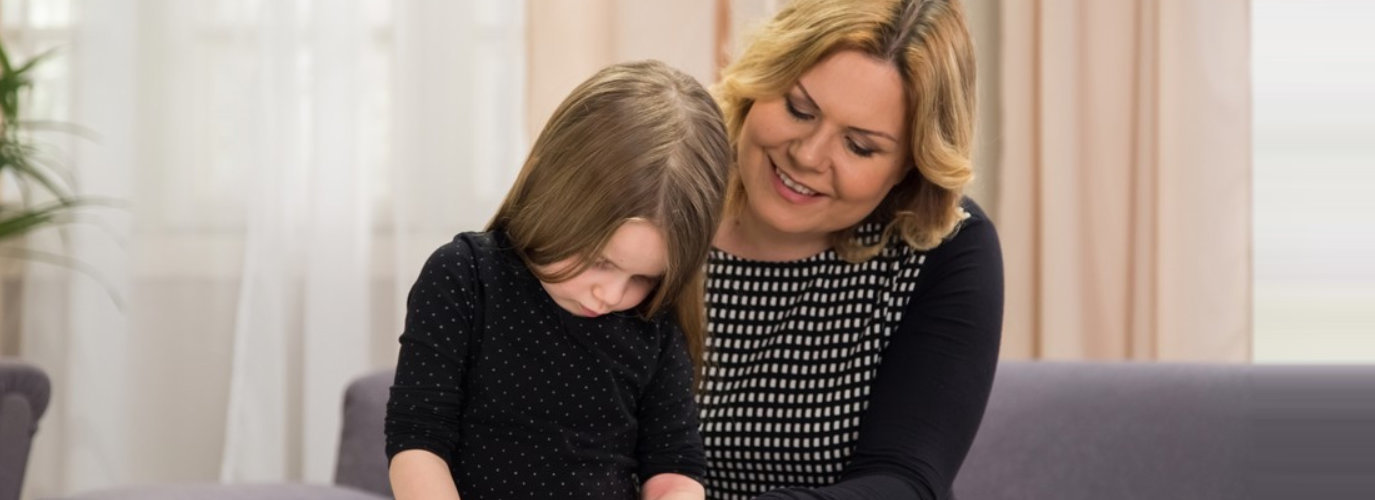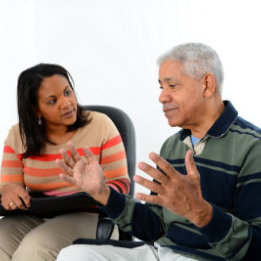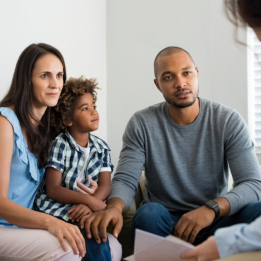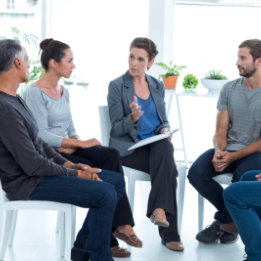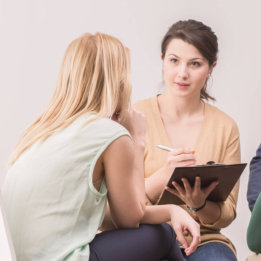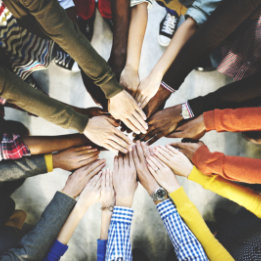IF YOU ARE IN A CRISIS AND NEED IMMEDIATE HELP.
If you are thinking about harming yourself or attempting suicide, tell someone who can help right away:
- Call your doctor’s office.
- Call 911 for emergency services.
- Go to the nearest hospital emergency room.
- Call the toll-free, 24-hour hotline of the National Suicide Prevention Lifeline 1-800-273-TALK (1-800-273-8255); TTY: 1-800-799-4TTY (4889) to be connected to a trained counselor at a suicide crisis center nearest you.
- Ask a family member or friend to help you make these calls or take you to the hospital.
Contact your local crisis services at the following number:
- Baltimore County Response System: 911 or 410-931-2214
- Baltimore Crisis Response, Inc. (BCRI): 911 or 410.433.5175 or 410-752-2272
Behavioral Health in Baltimore: https://www.bhsbaltimore.org/learn/behavioral-health-in-baltimore/
If you have a family member or friend in a crisis
If you have a family member or friend who is suicidal, do not leave him or her alone. Try to get the person to seek help immediately from an emergency room, physician, or mental health professional. Take seriously any comments about suicide or wishing to die. Even if you do not believe your family member or friend will attempt suicide, the person is clearly in distress and can benefit from your help in receiving mental health treatment.
Substance Abuse & Mental Health Administration: www.samhsa.gov
Within the Federal government, the Substance Abuse and Mental Health Services Administration (SAMHSA) offers a “Services Locator” for mental health and substance abuse treatment programs and resources nationwide. Visit their Website at www.samhsa.gov or call 1-800-789-2647 (toll free).
The National Institute of Mental Health (NIMH): www.nimh.nih.gov
This website provides information from the Federal agency that conducts and supports research on mental illnesses.
National Mental Health Association.
The www.depressionscreen.org website is sponsored by the National Mental Health Association as part of NMHA’s Campaign for America’s Mental Health. The mission of this website is to educate people about clinical depression, offer a confidential way for people to get screened for symptoms of the illness, and guide people towards appropriate professional help if necessary.
CRISIS CARE
- Maryland Core Service Agencies-CSA by county: https://bha.health.maryland.gov/Pages/CSA-Resources.aspx
- Maryland Department of Health: www.dhmh.maryland.gov/SitePages/Home.aspx
- Local Health Departments in Maryland: www.dhmh.maryland.gov/SitePages/Partners.aspx
Maryland’s Helpline
Maryland’s Helpline is available 24/7 to provide support, guidance, and assistance.
Call 211, Press 1
or text your ZIP code to 898-211 (TXT-211)
NAMI: www.namimd.org
Depression and Related Disorder affective disorder Association (DRADA): www.drada.org is a community organization; they serve individuals affected by a depressive illness, family members, health care professionals and general public.
Pro-Bono Counseling Pro Bono Counseling Project: 1877-323-5800, www.probonocounseling.org
24-Hour Hotlines
Maryland Crisis Connect: Call 211 & Press 1.
SAMHSA Treatment
Locator: https://findtreatment.samhsa.gov/locator?sAddr=&submit=Go
SAMHSA National Hotline (Treatment Referral Service): 1-800-662-HELP (4357)
Baltimore Crisis Response, Inc. (BCRI) (24 hours)
- Mobile Crisis Team, Crisis Unit, In-Home Support.
- Phone: 410-433-5175
- Baltimore County Crisis Response System (24 hours)
- Phone: 410-931-2214
- Baltimore Child and Adolescent Response System (BCARS) (24 hours)
- Mobile Crisis Team, Crisis Unit, In-Home Support
- Phone: 410-433-5174
- First Call for Help (all types of referrals) (24 hours)
- Phone: 410-685-0525 or 211
- Grassroots Crisis Line – suicide intervention hotline
- Phone: 410-531-6677
- Maryland Youth Crisis – suicide and other interventions
- Phone: 1-800-422-0009
- Sexual Assault & Domestic Violence Hotline
- Phone: 410-828-6390
- National Suicide Prevention Lifeline:
- Phone: 1-800-273-TALK
- Family Crisis Center of Baltimore County (families experiencing violence)
- Phone: 410-285-4357
- Emergency Safe Shelter Phone: 410-285-7496
- 24-Hour Hotline Phone: 410-828-6390
Learn more about how Maryland is combatting the heroin and opioid crisis.



